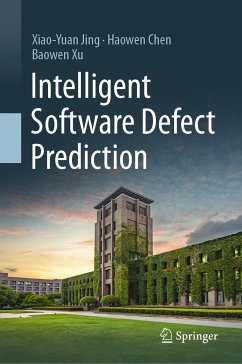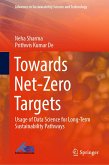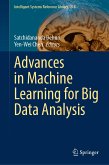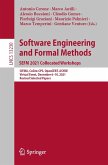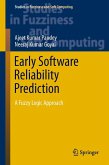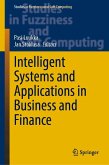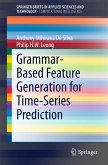This book offers a comprehensive picture of the current state of SDP research. More specifically, it introduces a range of machine-learning-based SDP approaches proposed for different scenarios (i.e., WPDP, CPDP, and HDP). In addition, the book shares in-depth insights into current SDP approaches' performance and lessons learned for future SDP research efforts.
We believe these theoretical analyses and emerging challenges will be of considerable interest to all researchers, graduate students, and practitioners who want to gain deeper insights into and/or find new research directions in SDP. It offers a comprehensive introduction to the current state of SDP and detailed descriptions of representative SDP approaches.
Dieser Download kann aus rechtlichen Gründen nur mit Rechnungsadresse in A, B, BG, CY, CZ, D, DK, EW, E, FIN, F, GR, HR, H, IRL, I, LT, L, LR, M, NL, PL, P, R, S, SLO, SK ausgeliefert werden.

